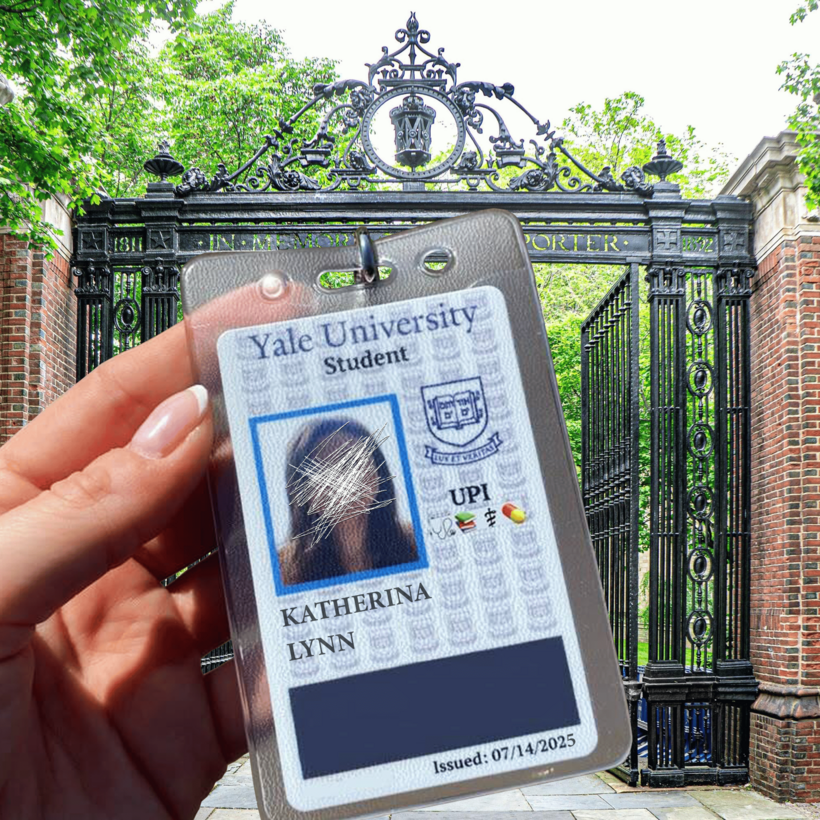Katherina Lynn had only been Katherina Lynn for a month before she was expelled from Yale for admissions fraud.
Lynn, who spoke to me on condition of anonymity, says that growing up in a Chinese family in Northern California, she always hated her given name. She says she was bullied so much for it that, halfway through her sophomore year of high school, she decided to become someone new. Someone with a Western name and an Ivy League degree who left her detractors in the dust.


